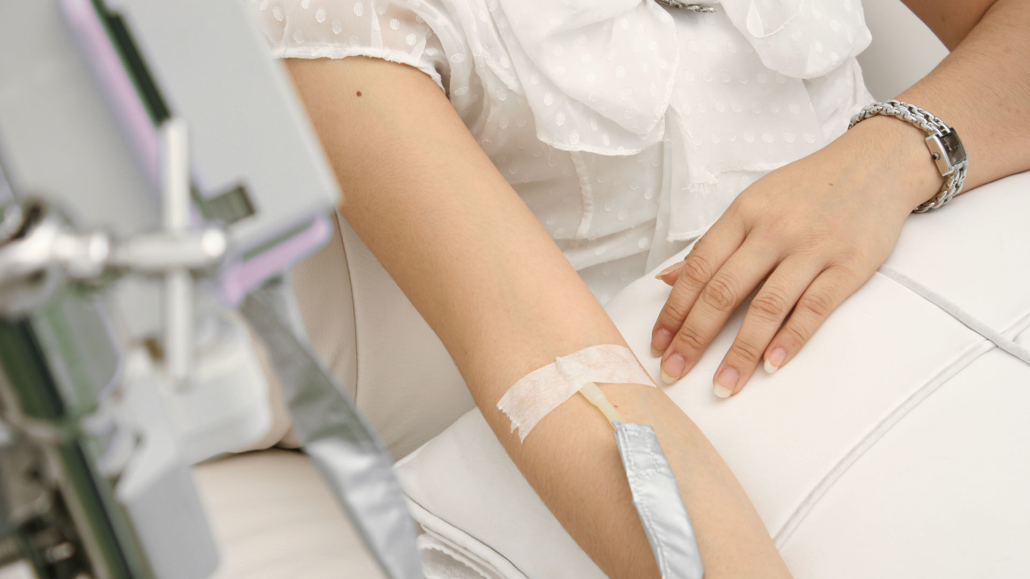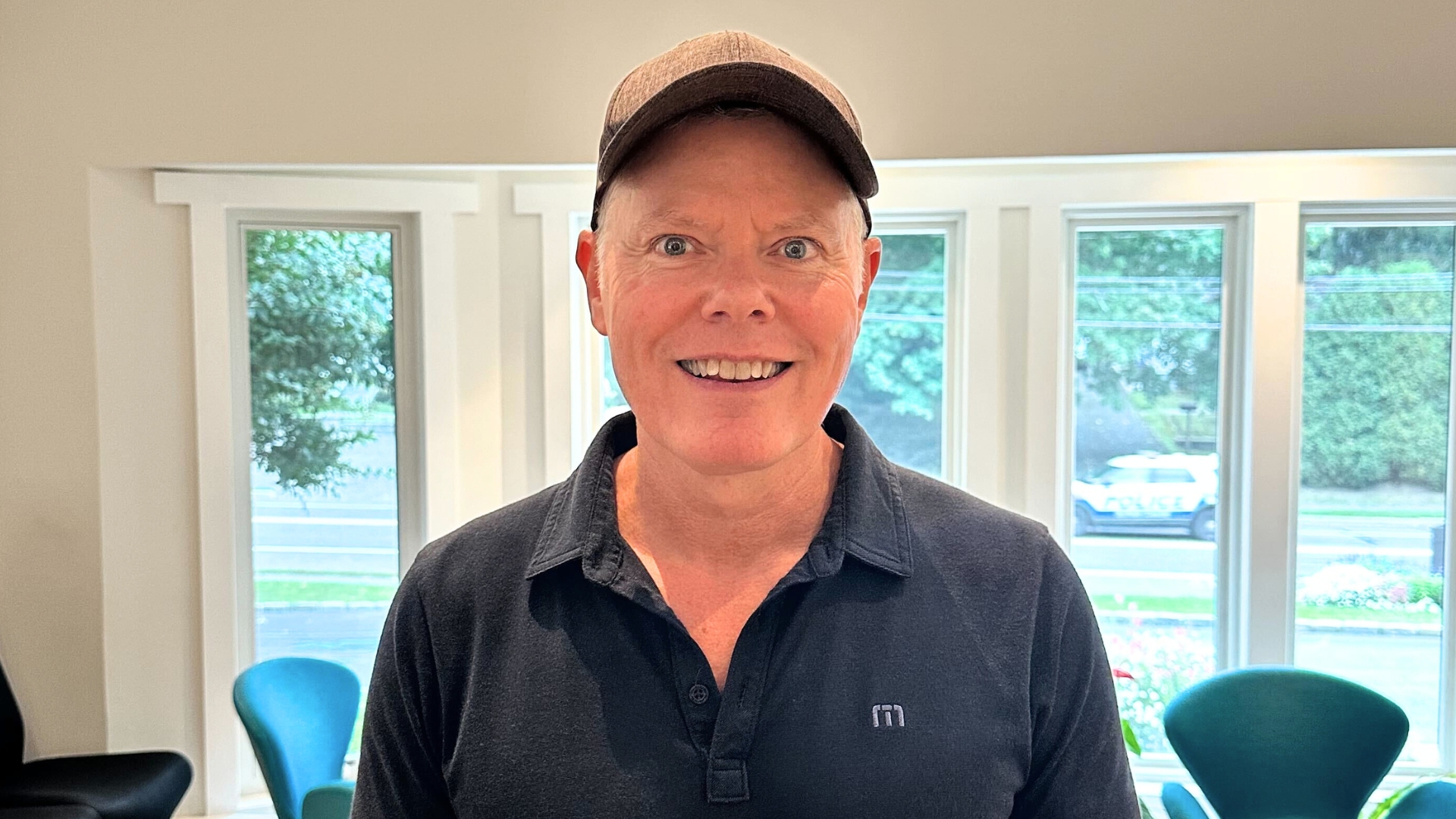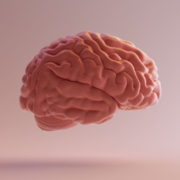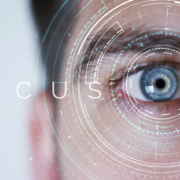NAD Therapy: A New Paradigm For Addiction And Withdrawal Symptoms
What is NAD+?
This article will explore how NAD may help with addiction and withdrawal symptoms. But first, a brief primer on NAD+.
Nicotinamide Adenine Dinucleotide is a molecule found in every cell of the body. It plays a crucial role in cellular energy and metabolism. According to a 1974 research study, the importance of NAD+ in cellular metabolism was discovered in 1906. Since then, NAD+ has attracted a lot of interest because of its vital role in energy production as well as cellular protection against stress.
(If NAD+ were an herb rather than a molecule, it might very well be considered an adaptogen because it helps the body adapt to stress and supports homeostasis in the body.)
Supplementing with nicotinamide adenine dinucleotide (NAD+) has been shown to eliminate fatigue and brain fog; and to support female fertility, athletic performance and sleep quality, to name a few benefits. Intravenous (IV) NAD+ therapy is the most effective way to increase the body’s level of NAD+ in the cells and represents a promising anti-aging treatment.
Research also suggests that for the millions of people struggling with addictive behaviors, NAD+ therapy may help.
NAD+ On The Brain For Addiction
NAD+ is to the brain what a spark plug is to a car. The molecule acts as a catalyst for the mitochondria, which is like a mini power-generating station in the cell. Brain cells (neurons) also have a mitochondria, which means that NAD+ fuels brain function.
What’s more is that NAD+ helps neurons regenerate and repair. This is why functional medicine clinics such as the New York Center for Innovative Medicine offers NAD+ IV Therapy for reducing brain fog, increasing mental clarity, and supporting mental health and cognitive function.
The positive effects of NAD+ on brain function offers promise for several cognitive disorders such as Alzheimer’s disease. Moreover, research shows that NAD+ may help treat neuropsychiatric conditions such as addiction.
Addiction is arguably the most common disorder in the U.S. However, whether an addiction treatment program is successful is more or less a statistical coin toss. In fact, research shows that even the most successful addiction programs have a relapse rate of 56%.
Clearly, a new paradigm for addiction and withdrawal symptoms is warranted. The good news is that research shows replenishing cellular levels of NAD+ has the potential to significantly lower rates of addiction relapse.
How Does NAD+ Work For Addiction?
NAD+ therapy improves the function of the hypothalamus and the prefrontal cortex. These regions of the brain play a vital role in addictive behaviors. For instance, the main neurotransmitter (neurotransmitters are chemical messengers in the brain) involved in addiction is dopamine. The release of dopamine is controlled by the hypothalamus. Meanwhile, the area of the brain responsible for impulse control and inhibition is the prefrontal cortex.
NAD+ IV therapy may support the function of these areas of the brain regions. And in doing so, NAD+ may help people overcome addictive behaviors.
To be clear, NAD+ therapy is not meant to replace other forms of addiction treatment such as cognitive behavioral therapy, recovery programs and support groups.
However, NAD+ therapy seems to be unparalleled in the multifaceted way in which it may alleviate addiction. Boosting NAD+ levels, for example, has been shown to reduce anxiety and depression as well as the activation of the dopamine reward system, which is the neurotransmitting hallmark of addiction.
Research Supports NAD+ For Addiction Treatment
A 2020 meta-analysis published in the Swiss journal, Antioxidants, suggests that NAD-dependent enzymes can influence major signaling processes associated with the neurobiology of addiction. This includes addictive food behaviors.
“Raising the levels of NAD+ within the cells may help manage and treat addictive behavior and reduce cravings and withdrawal symptoms in patients with food addiction and/or substance abuse,” the researchers concluded.
Although NAD+ research on addictive behaviors may seem like a recent innovation, it’s actually a field of study that’s over 60 years in the making. In 1961, Dr. Paul O’ Hollaren claimed that he successfully treated 104 cases of alcohol addiction and drug addiction using NAD+ IV therapy. Dr. O’Hollaren administered the therapy to people addicted to heroin, opium, morphine, codeine, cocaine, amphetamines, barbiturates and tranquilizers. The research by O’Hollaren can be found here.
According to the research, O’Hollaren treated his patients with a dose of IV NAD+ at 500 to 1000 mg added to 300 cc normal saline daily for 4 days, twice per week for a month. O’Hollaren followed this up with a maintenance dose given twice per month until the addictive patterns were resolved, “with limited toxic effects,” the researchers of the study note.
Of the potential to treat addiction, the researchers conclude, “NAD+ is likely to represent a cheap and useful holistic approach for the estimated millions of addicts worldwide, and may be an effective adjunct to psychotherapy, by ameliorating symptoms of physical addiction through a variety of mechanisms.”

NAD+ For Addictive Behavior: Conclusion
Proponents of functional medicine consider NAD+ an anti-aging phenomenon. Hopefully, more research will support NAD IV treatment for improving brain function, reducing cravings and, ultimately, eliminating addictive patterns and behaviors.
Whether your aim is to increase overall energy, reduce brain fog or conquer addiction, NAD+ may help. NAD+ levels decline with age. By boosting the levels of this energy-producing molecule in your brain, you can start living your best life.
Disclaimer: The statements made in this article have not been evaluated by the Food and Drug Administration. Any products or treatments mentioned are not intended to diagnose, treat, cure, or prevent any disease. Please consult a licensed medical practitioner for medical advice.
At Innovative Medicine, we believe in transparency. We want you to know that we may participate in affiliate advertising programs pertaining to products mentioned herein.
See how we can help you restore complete health of body, mind & spirit.
Join our mailing list and receive exclusive offers + information!







Leave a Reply
Want to join the discussion?Feel free to contribute!